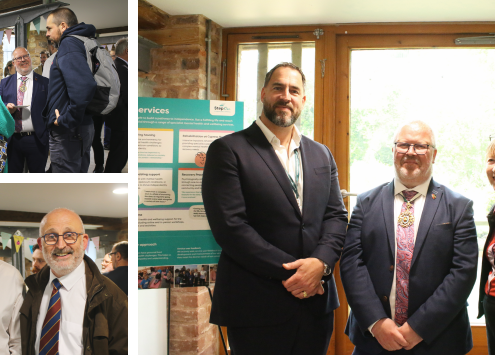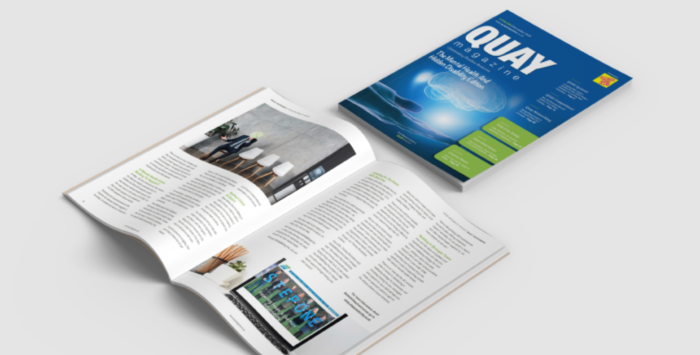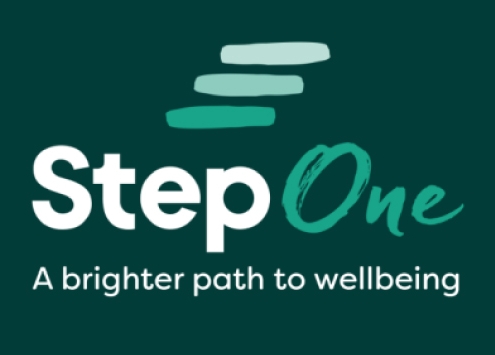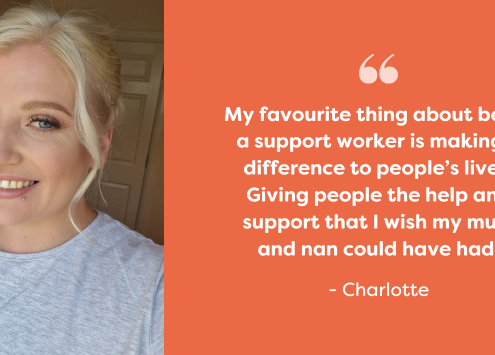 https://steponecharity.co.uk/wp-content/uploads/2024/06/Press-Release-Step-One-Celebrates-New-Chapter.png
355
700
Lauren
https://steponecharity.co.uk/wp-content/uploads/2024/02/step-one-wellbeing.svg
Lauren2024-06-18 11:36:142024-06-18 11:54:16Step One Celebrates New Chapter with Successful Open Day Event at Exeter Quayside
https://steponecharity.co.uk/wp-content/uploads/2024/06/Press-Release-Step-One-Celebrates-New-Chapter.png
355
700
Lauren
https://steponecharity.co.uk/wp-content/uploads/2024/02/step-one-wellbeing.svg
Lauren2024-06-18 11:36:142024-06-18 11:54:16Step One Celebrates New Chapter with Successful Open Day Event at Exeter QuaysideIt is hard to believe that 12 months ago ‘furlough’ was a funny word that most of us had never heard of. But now, in what has been the most extraordinary of years, furlough is in common parlance and likely to be with us for some time to come.
More than that, furlough has been a lifeline to many businesses – offering a solution to the problem of retaining staff while juggling difficult trading conditions and a substantial drop in income. The recent news that the furlough, or Job Retention Scheme, will be extended until the end of March 2021 has been welcomed by business leaders and will ease a little of the pressure on cash-strapped businesses.
But there is a cost to furlough beyond the financial.
While some workers may have gladly accepted the decision of their employers to furlough them initially, particularly while balancing the demands of home-schooling, the long-term implications for staff on extended furlough may be serious and wide-reaching. Work offers stability and a sense of purpose that when removed, even temporarily, can have a negative impact on a person’s mental health. Anxiety around job security and issues of value and self-worth will have risen as employees on extended furlough will question the decision-making process behind which staff were retained and which were placed on furlough. For, hopefully very few, workers who were asked by their employers to undertake inappropriate work tasks while furloughed there is the added pressure of a moral and legal question of what to do for the best. This on top of balancing the household finances with only 80% or their regular pay packets. Managing this level of uncertainty over a long period of time is unsurprisingly having significant repercussions on businesses and their teams.
The first forecast by the Centre for Mental Health, in May, indicated an additional 500,000 people would experience mental health issues over the next year in the wake of Covid-19 – this would equate to an additional 12,500 people in Devon. Subsequent assessments by the Centre for Mental Health suggests the aggregation of a number of challenging factors including unemployment, seasonal flu and a possible no-deal Brexit risks a rise in psychological distress and could see more people requiring mental health support in the coming months.
Taking the time to check in with furloughed staff and implementing practices to monitor and manage the wellbeing of all of your staff will be time well spent, and could be a wise investment in the future of your business as you build it back to full strength.
Analysis by Deloitte in January of this year revealed poor mental health costs UK employers up to £45 billion a year. That figure is pre-pandemic.
The Deloitte report highlights the impact prevention and early intervention can have on mental health in the workplace. Money spent on early interventions such as education and organisational culture change can have a greater benefit and higher return than the investment in the support required once an individual is struggling. The report reveals that for every £1 spent by employers on mental health interventions they get £5 back in reduced absence, presenteeism and staff turnover.
When thinking about the wellbeing of staff on furlough, it might be useful to think of procedures in place for people who are maternity leave or who are absent due to long-term health conditions – keep staff up-to-date with what is happening in the organisation, and check-in with them regularly – reassure them that they are a valued member of the team and you welcome their return. If someone is struggling, point them to where they can get support.
For immediate help for your team, Devon based charity, Step One, has launched BeWell@StepOne – a free online learning and training programme for individuals who need support for their mental health. Through BeWell@StepOne you can direct your staff to 4-week and 6-week remote learning for topics such as anxiety, managing change, and building resilience. These courses could be a valuable resource to all staff, but particularly to furloughed staff who may be experiencing mental health issues for the first time and finding it difficult to access support through their GP.
Looking to the future, consider how you will support your team as they return to the workplace following furlough. Try to manage the understandable anxiety of staff who have experienced an extended period of furlough, consult with them about the best way to re-engage them in your business.
This could also be a great opportunity to review the way mental health is viewed in your organisation – do people feel able to discuss their mental health? Are people supported in recovery from poor mental health? Do you and your team leaders know what to look for in identifying someone who may have mental health issues?
You may need some support in addressing the questions above and Step One can help. This Devon-based charity has been working to support individuals with their mental health for 80 years. It was a logical step to share that expertise with businesses and organisations in Devon and offer First Aid for Mental Health Courses through their Thriving Workplace scheme.
Of course, the global pandemic has had an impact across all walks of life and we took time in the first lockdown to review what we were offering and how we might best put our knowledge and understanding to use.
Amy Erith, Thriving Workplace and BeWell@StepOne project manager, said:
“We realised that workplaces were not thriving, people were finding things really hard. So we’ve created the BeWell@StepOne project to offer innovative online delivery for mental health support, through training and peer support.
We’re still working with businesses, but we’re also offering individual support remotely. It’s our goal to reach as many people as we can and offer them support for their mental health.”
Amy and her team of qualified and experienced trainers, can help you create a wellbeing strategy for your team putting in place that early support that can help nurture positive mental health in your staff while protecting your business from the significant costs of supporting people with serious mental health issues. Considering mental health issues now, looking at both the immediate needs for the wellbeing of staff either suffering Covid-fatigue or on extended furlough and the future situation as our working practices feel a little more normal, could be the positive action that your organisation needs after a year of immense change, unprecedented need to adapt, and huge uncertainty.
There is no ‘one size fits all’ process for developing a wellbeing strategy for businesses, but training for your managers and support for your staff will help you create an approach that is right for the unique culture of your business. Work to encourage an openness that enables effective mental health conversations and help staff at all levels spot the signs of mental illness. This greater understanding of mental health in your workplace can lead to a positive culture change across the organisation.
Protecting employee mental health builds resilience in your business that could prove invaluable in the future.
Published December 2020 – Quay Magazine










